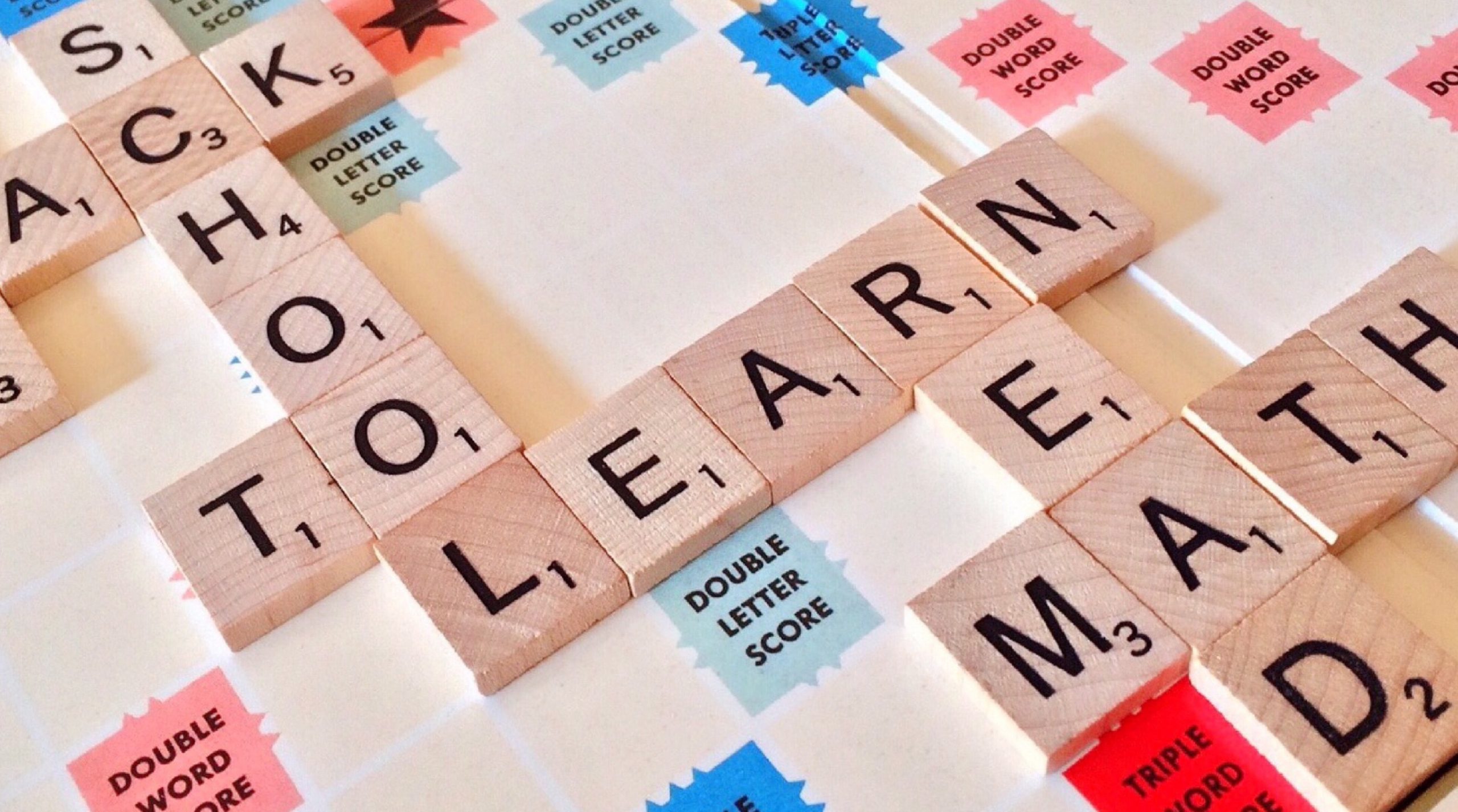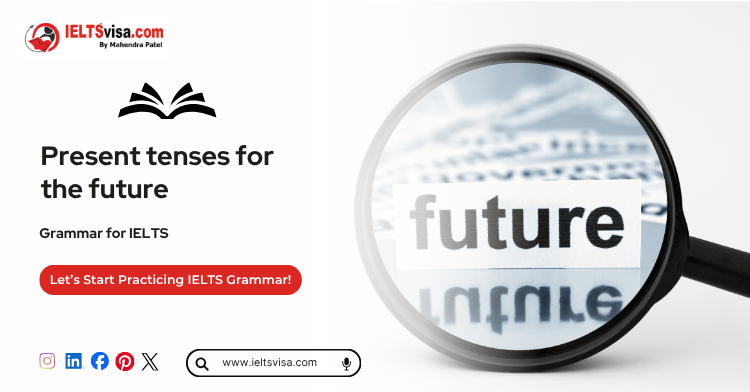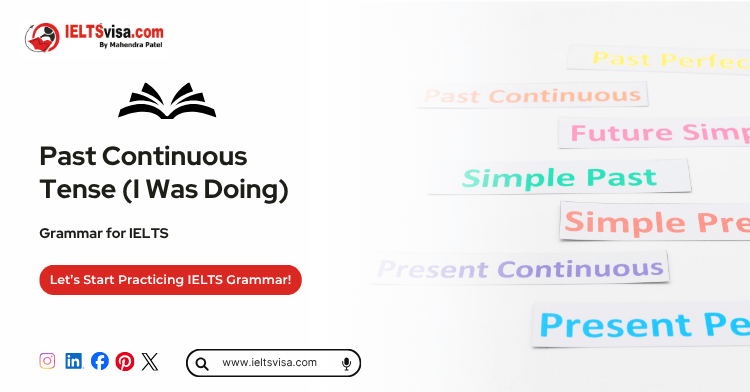Why some IELTS students get lower band scores in Reading?
IELTS Advice
There can be several reasons why some IELTS students get lower band scores in Reading. Here are some common reasons:
- Poor time management: The Reading section of the IELTS test is time-bound, and candidates need to answer 40 questions in 60 minutes. If a candidate spends too much time on a particular question or section, they may not have enough time to answer the remaining questions.
- Lack of reading skills: The Reading section requires candidates to have strong reading skills, including the ability to skim and scan, understand complex vocabulary, and interpret information presented in graphs and charts.
- Incomplete understanding of instructions: Not understanding the instructions, such as failing to follow the word limit or ignoring the question format, can result in lower scores.
- Poor exam strategy: Some candidates may not read the questions carefully or may not prioritize answering the questions that carry more marks. They may also struggle to find relevant information in the given text.
- Inadequate practice: Not practicing enough before the exam can also result in lower scores. Candidates who have not practiced reading English texts regularly may struggle to finish the Reading section within the given time limit.
- Language proficiency: Lower scores in Reading can also be due to inadequate proficiency in the English language, including weak vocabulary, grammar, and comprehension skills.
Study Abroad







Present tenses for the future
Present Tenses for the Future Present tenses are not only used to describe current activities—they also play a crucial role in discussing future events. This guide will explore how present tenses can be used to express future actions, helping you understand their...

Future Tense
Future Tense in English Grammar: Mastering the future tense is essential for effective communication in English. This guide delves deeply into its nuances, offering detailed explanations, examples, and practical tips to help learners understand and use the future...

Past Continuous Tense (I Was Doing)
Past Continuous Tense (I Was Doing) The Past Continuous Tense is a vital part of English grammar, essential for describing actions that were ongoing in the past. It provides depth and detail to conversations, narratives, and written content. This guide will explore...








